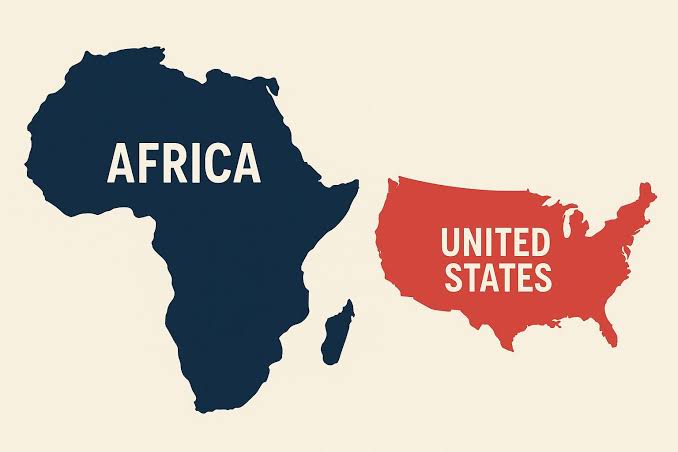
Nestlé, the global consumer goods giant, has come under scrutiny following a report revealing the addition of sugar and honey to infant milk and cereal products sold in many developing countries.
The findings, published by campaigners from Public Eye, highlighted a deviation from international guidelines aimed at preventing obesity and chronic diseases.
The report, which involved testing samples of Nestlé’s baby-food products sold in Asia, Africa, and Latin America, exposed the presence of added sugar in products such as Nido, a follow-up milk formula, and Cerelac, a cereal for young children. Contrary to Nestlé’s offerings in European markets, where no added sugar is found in formulas for young children, these products in developing countries contain varying amounts of added sugars, including sucrose and honey.
The discrepancy in sugar content raised concerns, particularly in regions where obesity rates are on the rise, such as Africa and parts of Asia. The World Health Organisation (WHO) reported a significant increase in overweight children under five in Africa since 2000, emphasising the urgent need for dietary interventions to address this growing health challenge.
Furthermore, the lack of clear labeling makes it difficult for consumers to identify products with added sugars, posing a risk to public health. WHO guidelines for the European region recommend
avoiding added sugars in food for children under three, a standard that researchers argue should apply universally.
In response to the report, Nestlé defended its products, stating a commitment to nutritional quality and compliance with local regulations. The company highlighted efforts to reduce added sugars in its infant cereals portfolio and phase out sucrose and glucose syrup from toddler milk products globally.
Despite Nestlé’s assurances, the report highlighted the need for greater transparency and adherence to international standards in the production of infant and toddler foods. As concerns about childhood obesity and nutrition persist, stakeholders urge companies like Nestlé to prioritise the health and well-being of young consumers worldwide.
SOURCE: THE GUARDIAN
Read: Linux Foundation Launches Open Platform for Enterprise AI to Drive Interoperability, Collaboration
About The Author
Related Articles
Ghana’s Cedi Expected to End 2026 Around GH¢12.85 to the Dollar
The Ghanaian cedi is projected to hold relatively steady against the United...
ByWest Africa WeeklyMarch 3, 2026Malian Prime Minister Presents 2025 Government Report, Pledges Stability and Reform
Mali’s Prime Minister, Major General Abdoulaye Maïga, has presented the government’s 2025...
ByWest Africa WeeklyMarch 2, 2026AES Ministers Conclude Roadmap Talks in Ouagadougou, Strengthen Security Coordination
Ministers of the Confederation of Sahel States have concluded high level discussions...
ByWest Africa WeeklyMarch 2, 2026Investigation Links Western Funding Networks and NGOs to African Conflict, Terror Financing, and Organised Crime
A transcontinental investigation has exposed an alleged web of Western-funded organisations and...
ByWest Africa WeeklyMarch 2, 2026












